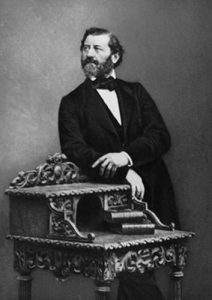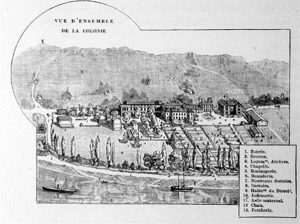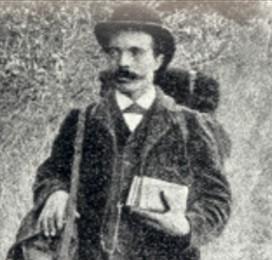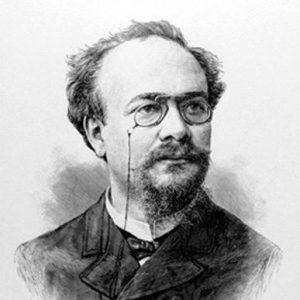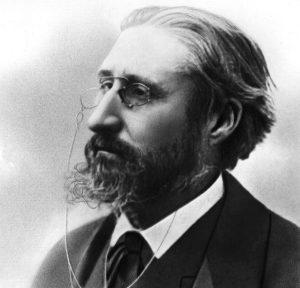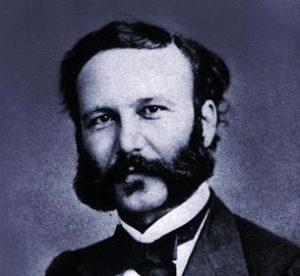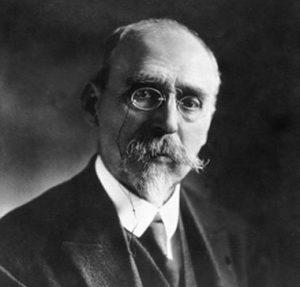One of the creator of Sainte-Foy-la-Grande
The son of Count Adrien de Gasparin, Minister of the Interior and then of Agriculture under the July Monarchy, member of the Consistory of the Paris Reformed Church , Agénor de Gasparin attended the lycée Louis-le-Grand in Paris, and then read Law ; in 1837 he was appointed Maître des Requêtes au Conseil d’ Etat in Paris. He was elected deputy for Corsica in 1842 with the backing of the Soult-Guizot government, but he strongly criticises the government and demanded the abolition of slavery in the colonies. He frequently pleaded for the freedom of evangelisation, which had been challenged by some local administrators.
A convinced evangelical
A supporter of the evangelicals, he founded in 1842 the Société des intérêts généraux du protestantisme français, whose main initiative was the establishing of the penal farm at Sainte-Foy-la-Grande. In September 1848 he took part in the Assemblée Générale du protestantisme français (General Assembly of French Protestantism) during which, with Frédéric Monod, he exposed the attitude of moderate evangelicals. A self-confessed supporter of “professionisme” (each member of a Church must adopt an explicit and personal profession of faith), he leaves the Assembly when it refuses to adopt a confession of faith. In 1849, together with Frédéric Monod, he founded the Union des Eglises Evangéliques (Free Churches), and from its foundation on, he gave an active support to the Eglise libre de Paris (Free Church of Paris) established by Théodore Monod.
He was a conservative, strongly opposed to the Second Republic, but also a liberal who was shocked by the December 2 Coup d’Etat. In 1850 he decided to settle in Switzerland, in the vicinity of Geneva, and to devote himself to writing and publishing. He carefully maintained his influence over the Protestant community in Paris. He wrote numerous articles, especially in the Archives du Christianisme.With the help of his wife, he established in Lausanne a training school for home nurses, named La Source and still open today.

